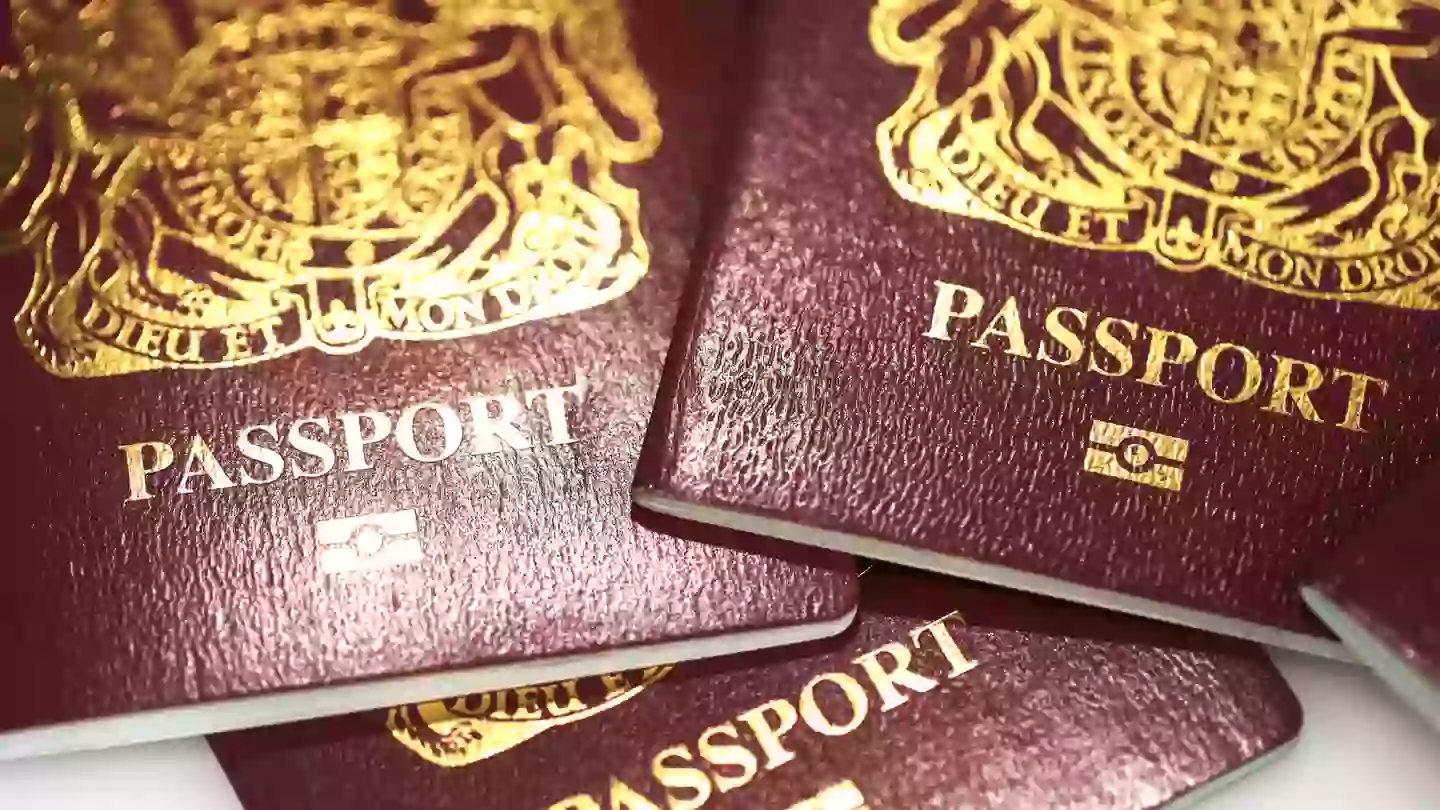
With the weather warming up and summer just around the corner, it's clear many of us will be booking our annual leave, packing a suitcase, and heading to the airport to enjoy some proper rest and relaxation on holiday.
However, before the inevitable poolside cocktails and sun-soaking on the beach, there's a whole load of prep globe-trotters simply need to sort out ahead of their departure date - especially those who still have a burgundy passport, as a fresh warning has now been issued ahead of the summer hols.
OK, as we know, ever since the UK left the EU in 2020, old-school burgundy passports have been out of commission, with Brits renewing or replacing their passports with the more recently issued blue passports.
Advert

This means we can no longer use the EU border control gates when travelling between any of the 29 countries that form part of the Schengen area.
FYI, these include Austria, Belgium, Bulgaria, Croatia, Czechia, Denmark, Estonia, Finland, France, Germany, Greece, Hungary, Iceland, Italy, Latvia, Liechtenstein, Lithuania, Luxembourg, Malta, Netherlands, Norway, Poland, Portugal, Romania, Slovakia, Slovenia, Spain, Sweden, and Switzerland.
Now, anyone still in possession of one of these burgundy passports has been issued an urgent warning on a rule which you really don't want to ignore.
Advert
But what does this rule actually mean, and how can you make sure you're not met with a major disappointment the next time you book a holiday?
Well, such passports must have been issued less than 10 years before the day you enter the aforementioned Schengen Zone.

And it’s very important to ensure your passport meets this criteria, as it could lead to you being denied entry to the country you’ve planned to visit.
Advert
So, what is the '10-year passport rule'?
It basically means that, in order to enter EU countries (aside from the exceptions listed above), your UK passport now needs to have been issued less than 10 years before the date you enter the EU country (or the 'date of issue'), and must also be valid for at least three months after the day you plan to leave (the 'date of expiry').
To check, simply take a look at the date your passport was issued to see if it was issued before September 2018.
Also, make sure your passport has not passed its 10-year anniversary, as you need your passport to have been issued less than 10 years before your departure date.
Advert
If you find your passport doesn't meet these requirements, it's best to act speedily and renew your document, as it can take several weeks to process in busy times.
You don't need to worry if you've got a UK passport that has been issued since 2018, as the cap of 10 years means you will not face any issues.

Emergency passports can cost a pretty penny - up to £207 - so be sure to just get all your ducks in a row well ahead of time.
Advert
Alvaro Iturmendi, Confused.com travel insurance expert warned: "Booking your holidays can be very exciting, and a welcome distraction to the beginning of the year blues.
"But no matter how far in advance you’re planning, it’s never too early to check your passport’s validity, so you don’t get caught out last minute.
"Our research found that less than half (43 per cent) of travellers knew that if you're heading to the EU, your passport must have been issued less than 10 years before their departure date.
"And if your passport doesn't meet this regulation, it could mean you're denied entry into the country, or may not even be allowed on the flight in the first place.
"Either way, it's likely to lead to a lot of disruption to your holiday plans."
You've been warned!